Will CIOs be forced to take a ‘mobility first’ approach to building networks and is the Middle East really ready to put mobile first?


Will CIOs be forced to take a ‘mobility first’ approach to building networks and is the Middle East really ready to put mobile first?
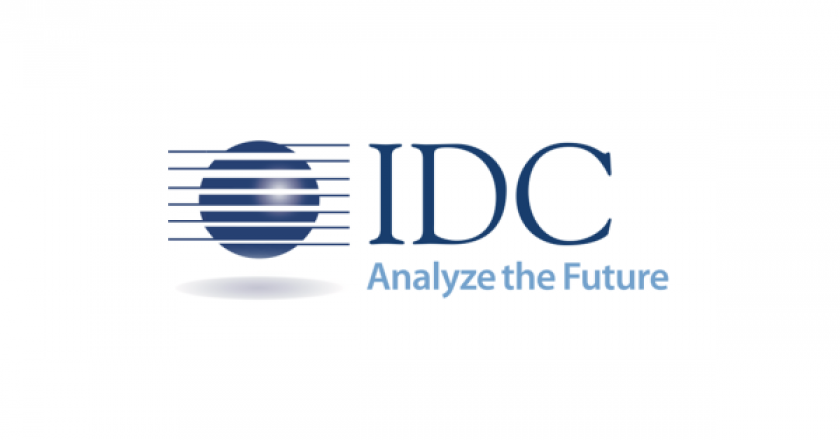
IDC today launched its Technology Advisory Council for the Gulf region during a press conference held at Dubai’s Burj Al Arab hotel.

Samsung has joined the fledgling OpenPower Consortium, an alliance led by IBM to push Power-based chip designs into hardware products such as servers.

Sophos has announced today the acquisition of network security provider Cyberoam Technologies.
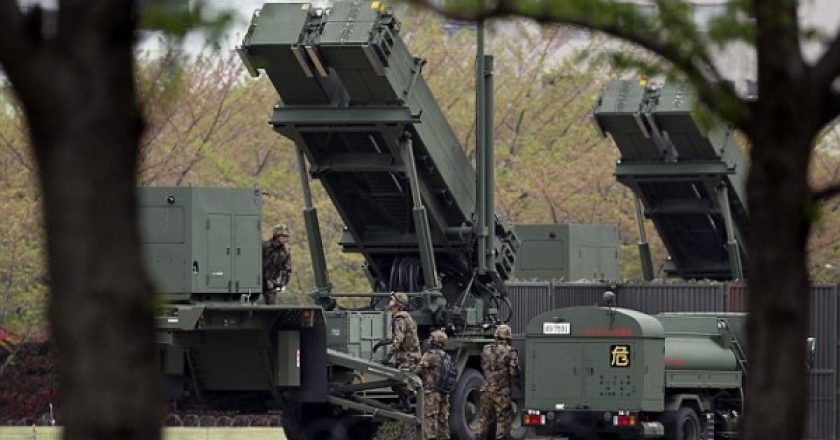
It’s the stuff of spy thrillers. From a few seconds of video, a handful of images and some satellite pictures, a team of researchers has been able to pinpoint two factories deep inside North Korea where the country assembles its mobile missile launchers.
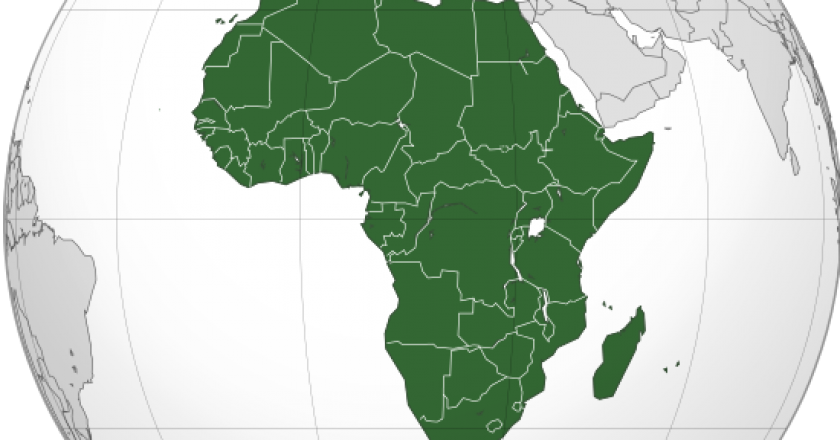
About 50 percent of Africans are expected be covered by Long Term Evolution (LTE) networks by 2018, increasing the region’s access to high speed data, according to a new report.

The U.S. government has asked for information on whether commercially available services can provide a viable alternative to the government holding bulk phone records for a program of the National Security Agency.

A10 Networks has launched Thunder TPS Series, which is designed to provide high-performance, network-wide protection against a variety of sophisticated Distributed Denial of Service (DDoS) attacks and improve service availability for critical Internet infrastructures and public-facing websites.
The partnership extends to UAE, Qatar and Saudi Arabia, which are key growth markets for the company and enables Help AG to offer their market leading cyber security, digital and mobile forensics and e-discovery solutions to regional enterprises.

What do Middle East governments need when it comes to security, and are newly formed government entities set to revolutionise the way that states think about security?
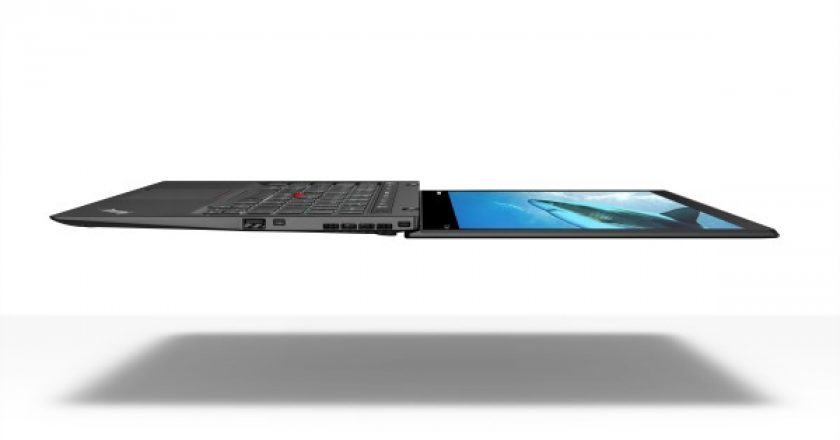
Lenovo today announced the UAE launches of the latest additions to its ThinkPad portfolio with the third generation ThinkPad X1 Carbon and the ThinkPad 8.

Mohamed Sayed, SGI Cloud Computing Leader – MEA at IBM gives Computer News Middle East his insider tips for ways that the cloud is most likely to impact businesses in 2014.
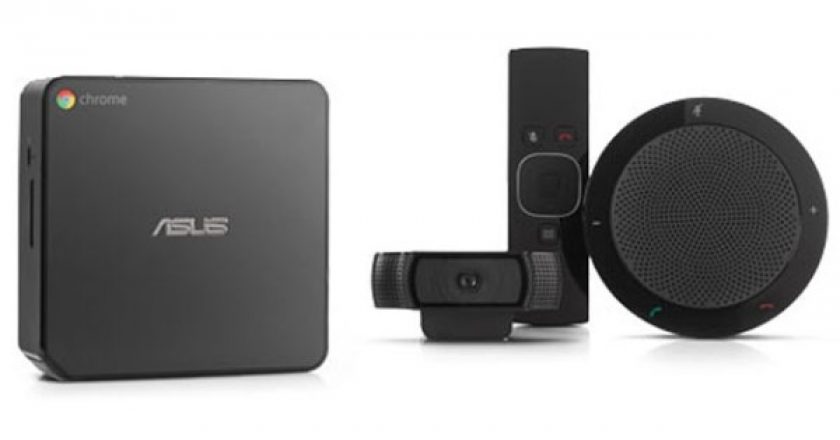
Google aims to equip meeting rooms with videoconferencing capabilities with the launch of its product for businesses, Chromebox.
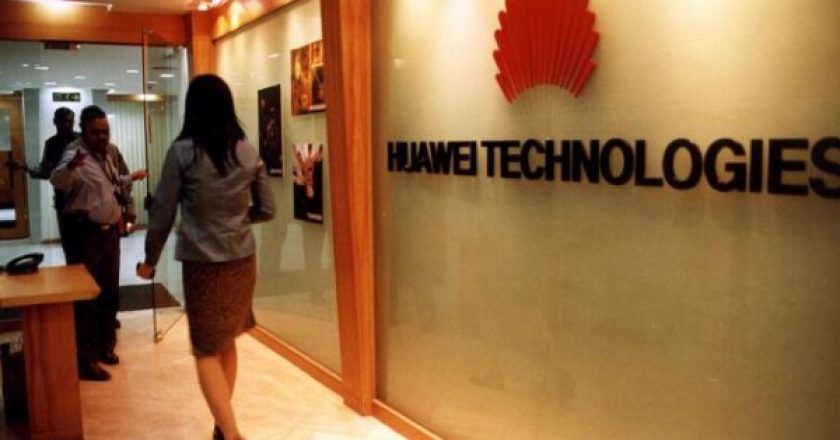
Huawei is reportedly being investigated by the Indian Government over alleged ‘hacking’ of equipment belonging to state-run telecoms firm Bharat Sanchar Nigam Ltd (BSNL).
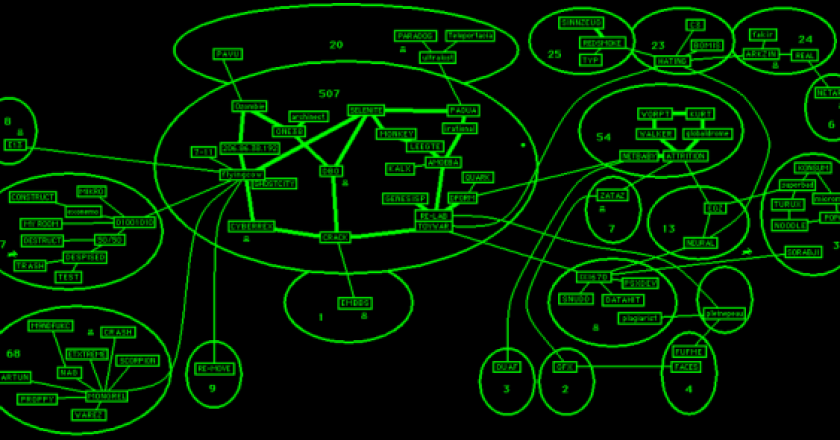
British intelligence agency Government Communications Headquarters (GCHQ) has reportedly infiltrated hacktivist groups and used denial-of-service and other techniques to disrupt their online activities.

The healthcare market in Asia-Pacific is booming and an interesting example of the innovation of the region is reflected in Seoul National University Bundang Hospital’s embrace of SAP HANA as a data warehousing solution.
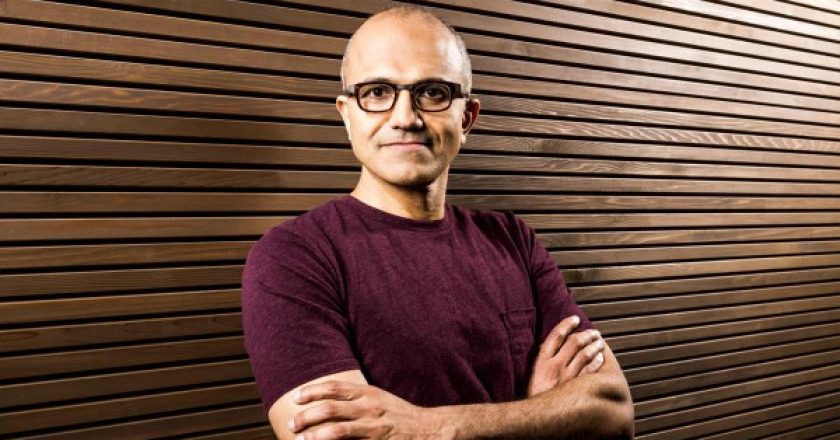
Unless you’re a committed Microsoft observer, the name Satya Nadella probably doesn’t ring a bell. So who is the man who now becomes Microsoft’s guiding light for the foreseeable future?

The technology of 3D ‘bioprinting’, the medical application of 3D printing to produce living tissue and organs, is advancing so quickly that it will spark a major ethical debate on its use by 2016, according to Gartner.

HID has released its projections for trends that will have the greatest impact on the secure identity industry in 2014.

IDC recently predicted that CIOs will be forced to take a ‘mobility first’ approach to building networks, whereby mobility solutions and BYOD policies are integrated into infrastructures. How accurate is this prediction, and is the Middle East really ready to put mobile first?